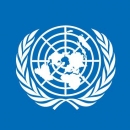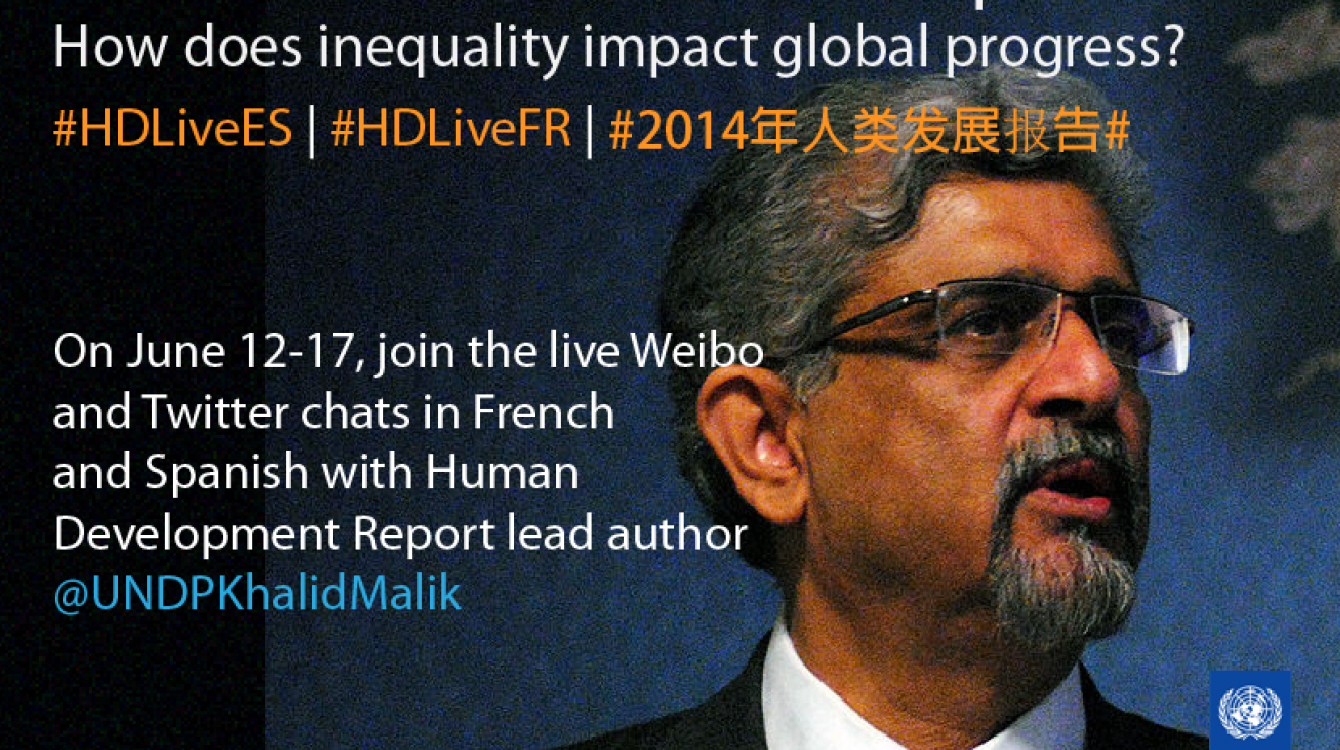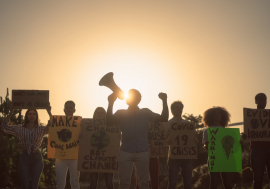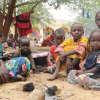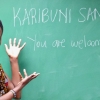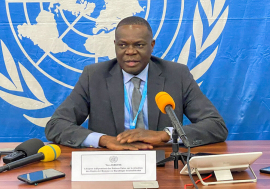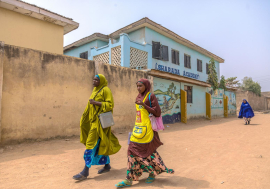HD Live Chat with Khalid Malik
HD Live Chat with Khalid Malik
The 2014 Human Development Report Sustaining Human progress: Reducing Vulnerabilities and Building Resilience will be launched in Tokyo on 24 July 2014. Ahead of the #hdr2014 global launch, we invite you to join us in a series of HD Live online chats. Khalid Malik, Human Development Report Director and lead author, will be online to discuss the inequality and how large disparities in income, wealth, education, health and other dimensions of human development persist across the world with you.
Join the conversation: Post your comments and questions with the designated hashtag in English, Spanish, French or Chinese today and join the chats in different languages at the following times
Chinese - #2014年人类发展报告#
Thursday, 12 June 2014 8:30 AM EDT (NY) – 8:30 PM CST (Beijing)
Check your local time here
联合国开发计划署将于7月发布《2014年人类发展报告》,认为脆弱性将威胁人类发展,除非系统性地解决这些问题,否则任何进步都将是不平等且不可 持续的。北京时间6月12日20:30,该报告总编、前联合国驻华代表马和励将作客微访谈,并就全球收入、财富、教育、医疗及其他方面持续存在的不平等现 象的原因与您进行讨论,共话人类发展!现在就向他提问吧:
http://talk.weibo.com/ft/2014061212285
Join the conversation on Twitter
Español - #HDLiveES | @UNDPKhalidMalik
Monday, 16 June 2014 11:00 AM EDT (NY) – 10:00 AM COT (Mexico) – 5:00 PM CEST (Madrid)
Check your local time here
Français - #HDLiveFR | @UNDPKhalidMalik
Tuesday, 17 June 2014 10:00 AM EST (NY) – 4:00 PM CEST (Paris) – 2:00 PM GMT (Dakar)
Check your local time here
Human Development is about putting people first. Bellow, you will find a series of key issues related to human progress that you can use to inform your conversation.
- #hdr2014The 2014 Report highlights the need for both promoting people's choices and protecting human development achievements. It takes the view that vulnerability threatens human development-and unless it is systematically addressed progress will be neither equitable nor sustainable. The Report stresses the importance of identifying and tackles persistent vulnerabilities by building resilience and enhancing people’s capability to cope with shocks—financial, natural or otherwise. The Report focuses on the people at greatest risk and on key underlying drivers of vulnerability.
- Inequality Since 2010, the HDRO has been measuring inequality through the Inequality-adjusted HDI (IHDI), a measure of the level of human development of people in a society that accounts for inequality.
- Youth 50% of the world population is under 30. What are the key challenges for youth? How can a Human Development perspective contribute to addressing risks and vulnerabilities associated with youth?
- Employment After years of neglect, the theme of employment has returned to the forefront of the international development agenda, following on the heels of the global financial crisis and its aftermath […] The social value of employment has been recognised within this revived attention, bringing the theme close to the heart of the human development approach.
- Women The disadvantages facing women and girls are a major source of inequality. All too often, women and girls are discriminated against in health, education and the labour market — with negative repercussions for their freedoms. The Gender Inequality Index is a measure of these inequalities to better expose differences in the distribution of achievements between women and men.
- HDI The 2013 Report revealed that more than 40 developing countries that have done better than expected in human development in recent decades, however it also highlighted some challenges ahead. What are the key drivers of development? How can we ensure that in the fights again poverty we do not only “get to zero but stay at zero”?
- Post2015 How can a Human Development perspective inform the global debate on the next development agenda and offer recommendations on how to achieve new goals and build sustainable development?

